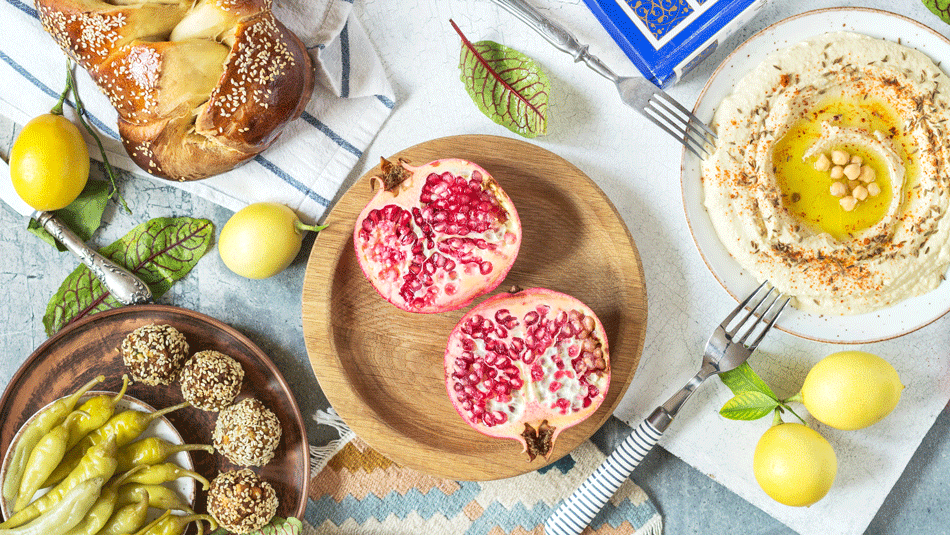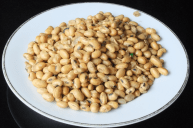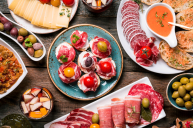The moral of this story is: Eat your vegetables (and fruit and whole grains). A new study by researchers at Rush University Medical Center has found a possible connection with foods that help depression. The scientists note that a healthy diet rich in certain foods can lead to a reduced risk of depression, especially in older adults.
The study, funded by the National Institutes of Aging, looked at what a group of adults with an average age of 81 years ate over a six and a half year time period. The adults generally stuck to diets like the Mediterranean or DASH-style diets, which emphasizes vegetables and whole grains, or the traditional Western diet, which is centered on red meat and is high in saturated fat.
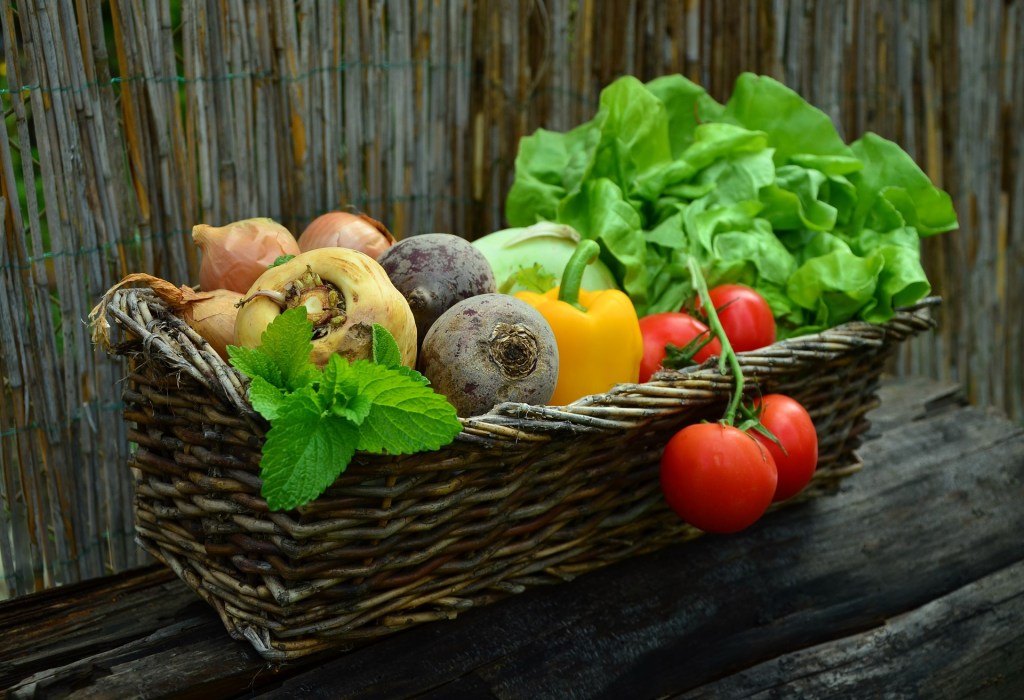
Dr. Laurel Cherian, a vascualar neurologist and assistant professor for Rush's Department of Neurological Sciences who authored the study, said, "There is evidence linking healthy lifestyle changes to lower rates of depression and this study sought to examine the role that diet plays in preventing depression."
Study participants who ate more vegetables, fruits, and whole grains while limiting saturated fats and sugar were less likely to develop depression than people who tended to eat more red meat, full fat dairy products, and foods high in added sugar. It's important to point out that the study focused on older adults and that it only found an association between eating vegetables and whole grains and a lower risk of depression, not direct proof that these foods are the cause of a lower risk.
However, emphasizing foods like vegetables and whole grains in your overall diet is good advice for anyone, especially since in addition to helping with your mental health, these foods promote better heath in general, including lowering inflammation and helping keep blood sugar levels consistent.
Other research into foods that help depression has found that building a diet around antioxidants, complex carbohydrates, low-fat protein, and healthy fats may be part of an overall treatment strategy.
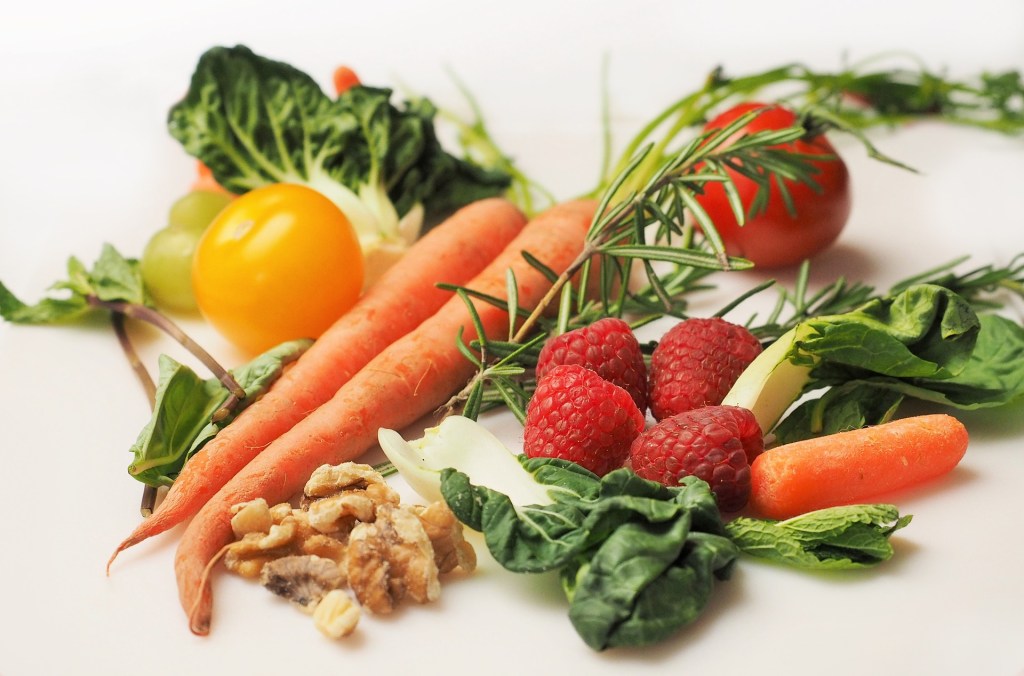
Here are some building blocks of good health:
- Antioxidants: Focusing on foods high in beta-carotene and vitamin C and vitamin E can help prevent cell damage, including in your brain. Sweet potatoes are an excellent source of antioxidants.
- Complex carbohydrates: If you're craving carbs, it may be because your serotonin levels are low. Serotonin is a mood-boosting chemical, so low levels of it may make you feel worse. Stick with complex carbs, including whole grains like brown rice and oatmeal.
- Protein: Also connected to serotonin by way of the amino acid tryptophan (yes, the thing that makes you feel happy and sleepy after Thanksgiving turkey). Healthy, low fat proteins like turkey, tuna, and chicken, plus yogurt, beans, and other fish are an important part of your diet.
- Omega 3 Fatty Acids: Scientists have found that people who don't eat enough omega-3s may be more likely to experience depressive symptoms. Dark green leafy vegetables and fatty fish like salmon and sardines are good sources of these healthy fats.
It's no surprise that these foods are all part of encouraging better brain function in addition to better general well-being. Weight loss and being active may help you fight depression, too.
Changing your diet and lifestyle isn't proven to cure depression, but being in better overall health and eating right may help with depression symptoms.
